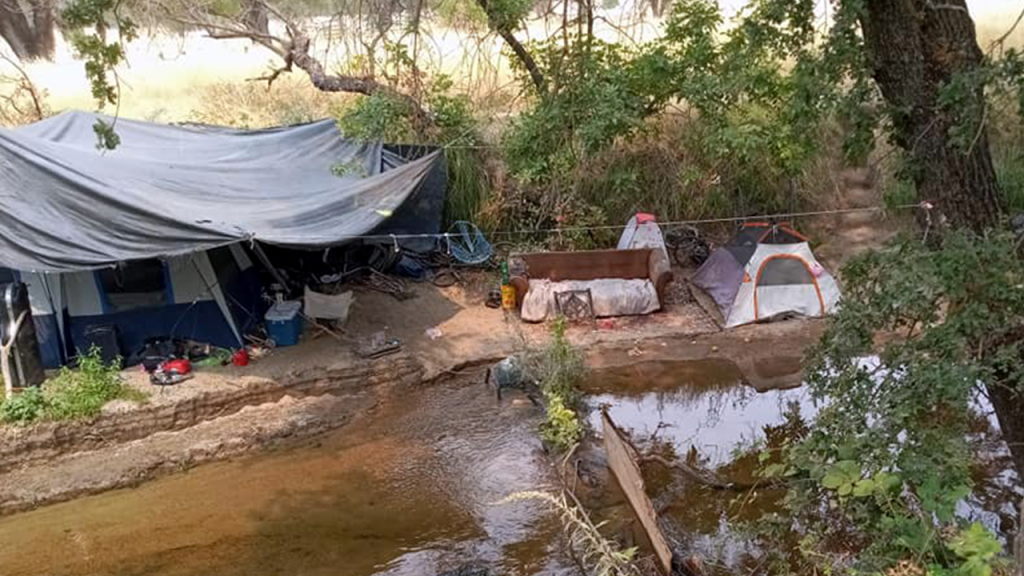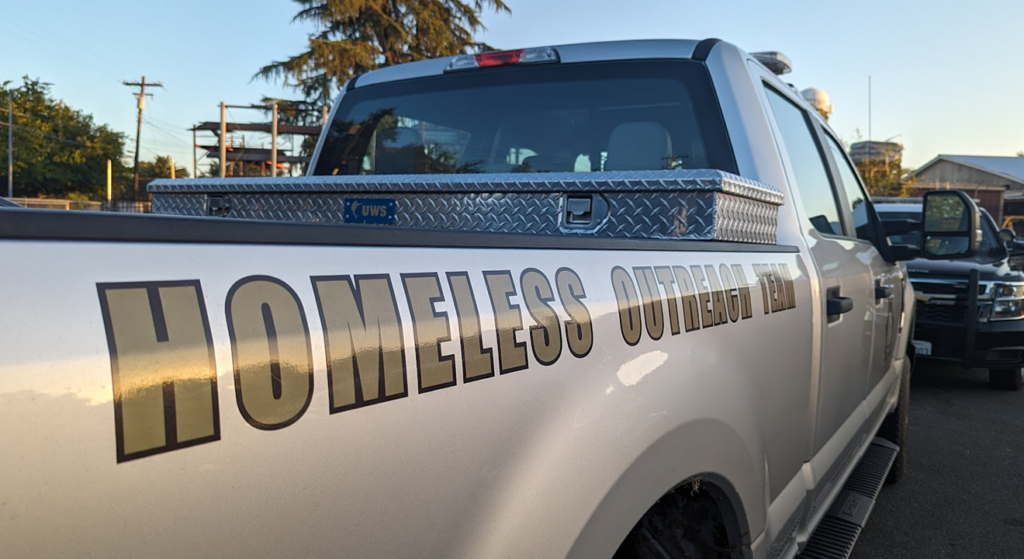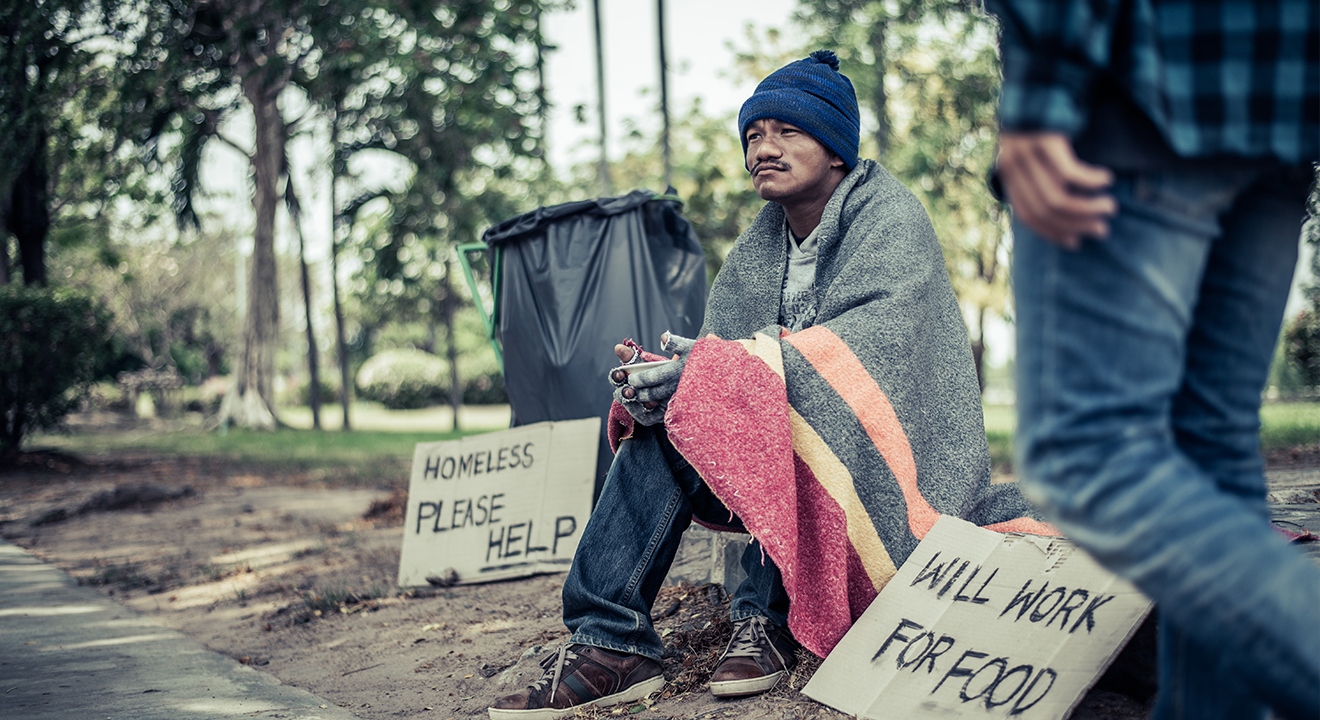On Friday, the Supreme Court upheld laws in Grant’s Pass, Oregon, that ban homeless residents from sleeping outdoors, asserting that the regulations do not violate the Constitution’s prohibition on cruel and unusual punishment.
This decision, which could impact policies on homelessness across the Western United States, was made by a 6-3 vote split along ideological lines. Justice Neil M. Gorsuch wrote the majority opinion for the ruling. The laws in question impose penalties for sleeping and camping in public areas such as sidewalks, streets, and city parks.

Justices Sonia Sotomayor, Elena Kagan, and Ketanji Brown Jackson argued that the ruling leaves vulnerable individuals with fewer protections. Sotomayor emphasized that these laws, which can lead to fines and potential jail time for using items like blankets or rolled-up shirts for warmth, effectively criminalize homelessness. “That is unconscionable and unconstitutional,” Justice Sotomayor stated, delivering her dissent from the bench to underline her strong opposition.
The Supreme Court decided to review the case following appeals from an unusual coalition that included conservative legislators from Arizona and liberal leaders such as California Governor Gavin Newsom. These leaders have cited a critical 2018 court decision that they claim restricts their ability to manage homelessness and clear encampments.
“Today’s ruling by the U.S. Supreme Court provides state and local officials the definitive authority to implement and enforce policies to clear unsafe encampments from our streets. This decision removes the legal ambiguities that have tied the hands of local officials for years and limited their ability to deliver on common-sense measures to protect the safety and well-being of our communities. California remains committed to respecting the dignity and fundamental human needs of all people and the state will continue to work with compassion to provide individuals experiencing homelessness with the resources they need to better their lives.”
California Governor Gavin Newsom, in a published statement on Friday.
Republican Representative Kevin Kiley of Roseville has been a frequent critic of Newsom, but also agreed with the ruling. In a statement on Friday, Kiley says;
“Homelessness in California is a crisis and a tragedy, but today is a new day. A misguided lower court decision has caused the problem to grow much worse in recent years by tying the hands of local communities with an unworkable rule that exists nowhere else in the country. Today, the Supreme Court gave our communities back the ability to regulate homeless encampments in a commonsense way.”
The case originated in Grants Pass, Oregon, where local ordinances prohibited sleeping in public spaces following complaints from residents about people sleeping in alleyways and causing property damage. With no adequate homeless shelter aside from one with strict religious attendance requirements, a group of homeless residents sued the city. They argued that the ordinances criminalized homelessness and, despite being civil penalties, could result in jail time.

Officials should now be allowed to restrict where encampments are and clear them if there is a health or safety threat, Newsom and other lawmakers argue, while ensuring there are services available to unhoused residents.
A federal judge initially sided with the homeless plaintiffs, noting the city’s lack of compliant shelters as per the 2018 decision. The Ninth Circuit upheld this ruling, leading Grants Pass to appeal to the Supreme Court.
In Grants Pass, the enforcement of these ordinances has been a contentious issue, especially in public parks relied on for tourism. Despite efforts to enforce property laws, local officials have struggled to clear the parks of tents and temporary camps.
The 2018 decision by the U.S. Court of Appeals for the Ninth Circuit deemed it cruel and unusual punishment to penalize individuals for sleeping outdoors if no shelter beds were available. In California, where approximately 171,000 people are homeless, the lack of sufficient shelter has made the issue particularly pressing.
The decision on Friday overturns both the original 9th Circuit Court Martin Vs. Boise case and the 2022 confirmation.














